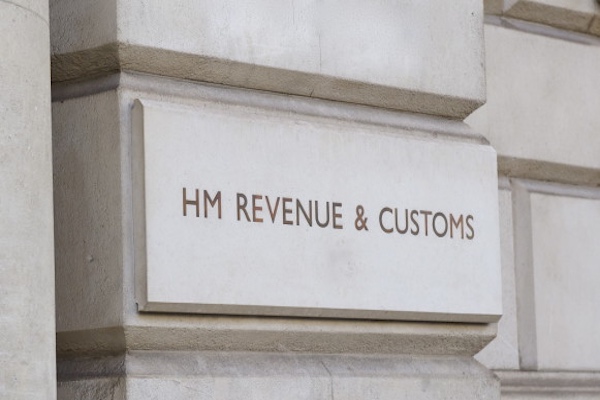
The removal of business relief from AIM stocks is one measure being considered by the government to fill HMRC coffers, according to reports
The removal of business relief from Alternative Investment Market (AIM) companies could have harsh consequences for both investors looking to avoid paying inheritance tax and many of the UK’s most popular funds, according to new research.
The removal of business relief from AIM companies is one of several radical tax moves being discussed ahead of this month’s upcoming Budget.
The most exposed funds include many popular smaller companies funds, according to the research from investment manager Wealth Club.
A total of £8.3bn is invested in AIM by UK funds, accounting for around 16.5% of the AIM All-Share Index, according to the research.
Of the 321 funds reviewed by the investment manager, 209 held at least one AIM quoted stock, 41 funds had more than 25% of the fund in AIM quoted stocks, and twelve funds had more than 50% invested in AIM quoted stocks.
Most AIM companies currently qualify for business relief and under current UK tax rules any shares in these companies can be passed on free of inheritance tax once they have been held for two years.
According to the London Stock Exchange, over 660 AIM-listed companies, with a combined market capitalisation of around £73bn, are currently eligible for business relief.
Nicholas Hyett, investment manager at Wealth Club, said that the perception that pulling inheritance tax relief from AIM might be painful, but would only hit a handful of mega-wealthy investors, is false and fails to appreciate the role AIM plays in the wider UK investing landscape.
He said: “In the event that pulling IHT relief from AIM caused significant volailtity and saw declines in valuation, these funds, including popular funds from managers like Liontrust and Marlborough, would not escape unscathed.
“A tax relief driven AIM-pocalypse would have far reaching consequences.
“Reputational scarring for the UK smaller companies sector, together with permanently lower valuations on AIM, could make it more expensive for UK small companies to raise capital from public markets. That not only makes UK companies less competitive, but increases the chances that our most ambitious companies will look abroad for funding.”
According to the Wealth Club research, the ten funds with the most money invested in AIM are:
|
|
Amount Invested in AIM
|
Percentage Exposure
|
|
Liontrust Special Situations
|
£ 782,518,217.0000
|
22.2%
|
|
Liontrust UK Smaller Companies
|
£ 721,117,732.0000
|
68.6%
|
|
Marlborough UK Micro Cap Growth
|
£ 459,385,592.0000
|
71.1%
|
|
Chelverton UK Equity Growth
|
£ 328,413,457.0000
|
49.2%
|
|
Marlborough Special Situations
|
£ 300,935,469.0000
|
44.8%
|
|
abrdn UK Smaller Companies
|
£ 293,001,662.0000
|
29.7%
|
|
Gresham House UK Multi Cap Income
|
£ 216,775,486.0000
|
27.7%
|
|
Amati UK Listed Smaller Companies
|
£ 161,328,236.0000
|
41.3%
|
|
Schroder UK Smaller Companies
|
£ 144,189,870.0000
|
39.5%
|
|
Invesco UK Smaller Companies
|
£ 139,990,163.0000
|
28.9%
|
Source: Morningstar/Wealth Club Research, as at 30 June 2024
